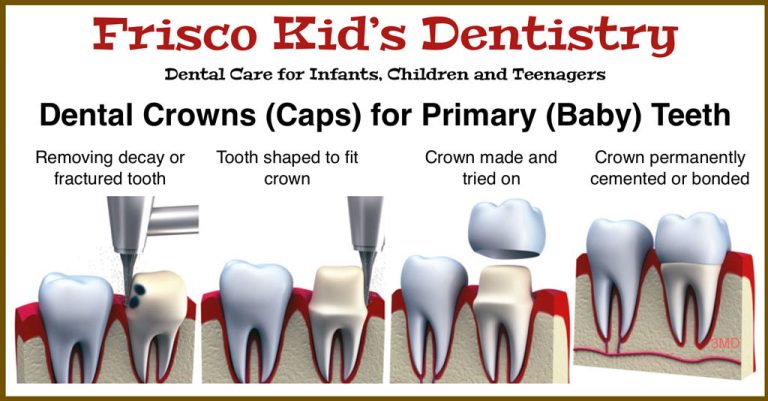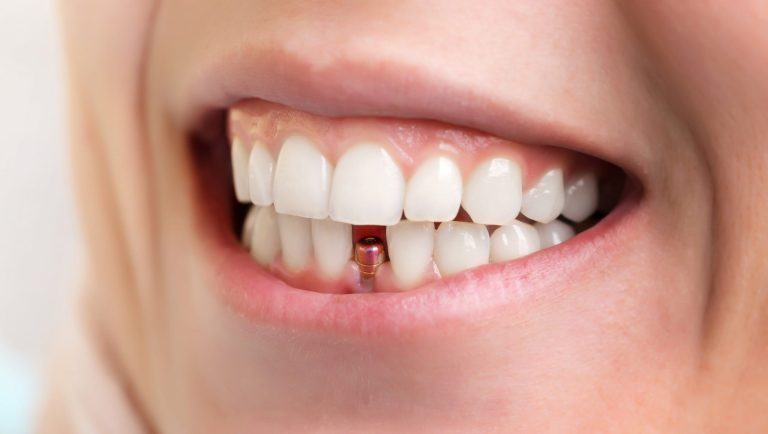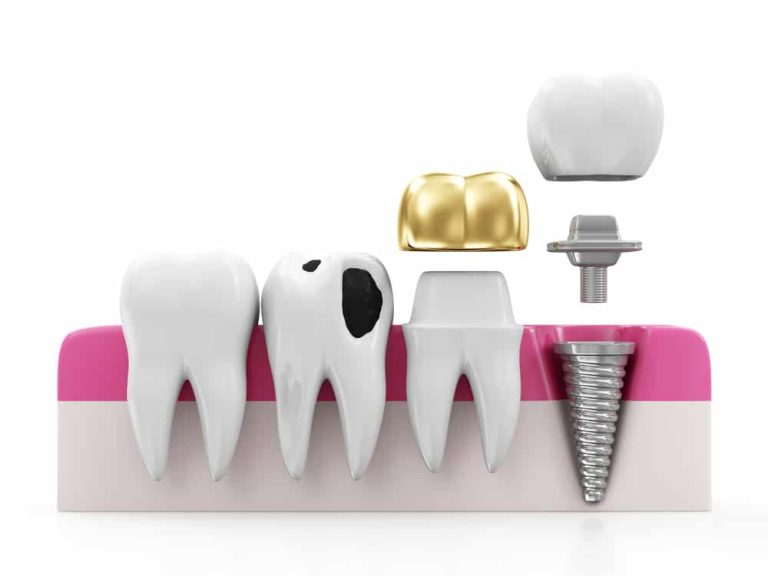Dental Crown Pain Relief: 6 Highly Effective Solutions
Last Updated on 6 months by DR. ALBIN SIPES
Dental crown pain relief can be achieved through over-the-counter pain medications or by visiting a dentist for adjustment or replacement of the crown. Are you experiencing pain and discomfort after getting a dental crown?
It’s not uncommon to feel some discomfort initially, but there are ways to relieve the pain and ensure a comfortable experience. In this article, we will discuss some effective methods for dental crown pain relief. Whether it’s through over-the-counter pain medications or seeking professional help from a dentist, we’ve got you covered.
By following these tips, you can ease your discomfort and get back to enjoying a healthy smile. So, let’s explore the various options available to alleviate dental crown pain and find the relief you need.
Understand The Cause Of Dental Crown Pain
Dental crown pain can be a frustrating and uncomfortable experience. Understanding the cause of this pain is crucial in finding relief. Dental crown pain may occur due to several reasons. These include a poorly fitting crown, tooth decay beneath the crown, gum inflammation, or nerve damage.
It is essential to address these issues promptly to alleviate the discomfort. If you experience dental crown pain, it is advisable to consult your dentist. They will be able to determine the underlying cause and recommend the appropriate treatment. By addressing the root cause of the pain, you can find relief and restore your oral health.
Remember, regular dental check-ups and maintaining good oral hygiene practices are essential in preventing dental crown pain in the first place.
Home Remedies For Dental Crown Pain Relief
Dental crown pain can be relieved through various home remedies. One option is using a saltwater rinse to reduce inflammation. Clove oil is another effective solution, as it has natural numbing properties. Applying a cold compress to the affected area can help numb the pain temporarily.
If the pain persists, over-the-counter dental cement can be used to temporarily secure loose crowns and provide relief. These remedies offer a quick and cost-effective way to alleviate dental crown pain without having to immediately visit a dentist. Applying these remedies can help you manage and find relief from dental crown pain from the comfort of your own home.
Professional Solutions For Dental Crown Pain Relief
Dental crown pain can be effectively relieved through professional solutions. Dental adjustment is often necessary to ensure a proper fit and eliminate discomfort. Additionally, medications are commonly prescribed for pain relief, helping patients manage any post-procedure discomfort. It is important to follow the dentist’s instructions when taking these medications.
Furthermore, dental crown pain may be due to underlying issues, such as tooth decay or infection. In such cases, appropriate dental treatment is required to address these concerns and provide long-lasting relief. It is recommended to consult with a qualified dentist to determine the best course of action for dental crown pain relief.
Remember to prioritize oral health and seek professional assistance when experiencing any discomfort or pain.
Preventing Dental Crown Pain
Proper oral hygiene is essential to prevent dental crown pain. Brush your teeth regularly and floss diligently. Schedule regular dental check-ups. Avoid hard and sticky foods that can damage or dislodge the crown. If you suffer from teeth grinding or clenching, consider wearing a nightguard to protect your dental crown from damage.
Taking these proactive steps will help minimize the chances of experiencing dental crown pain and ensure the longevity of your dental crown. Remember, prevention is always better than seeking dental crown pain relief later.
Seeking Professional Help For Persistent Dental Crown Pain
Persistent dental crown pain can be distressing and requires professional intervention. Instead of ignoring the discomfort, it is crucial to know when to seek the help of a dentist. Scheduling a dental examination is the initial step to identify the cause of the pain.
Through a thorough diagnosis, the dentist can pinpoint the issue and determine the best course of action for pain relief. With their expertise, they will guide you on the appropriate treatment or adjustments needed to alleviate the pain. Remember, ignoring persistent pain can lead to further complications, so make sure to consult a dentist at the earliest signs of discomfort.
Seeking professional help enables you to regain comfort and enjoy a pain-free experience with your dental crown.
Frequently Asked Questions For Dental Crown Pain Relief
Will A Dental Crown Cause Pain?
Dental crown placement itself should not cause pain as the tooth is numb during the procedure. However, some sensitivity or discomfort may be experienced after the anesthesia wears off. This is normal and can be managed with over-the-counter pain relievers.
How Long Does Dental Crown Pain Last?
Any mild discomfort or pain after getting a dental crown usually subsides within a few days as the mouth adjusts to the new restoration. If the pain persists or worsens, it is important to contact your dentist to evaluate the crown and ensure proper fit and alignment.
What Can I Do To Alleviate Dental Crown Pain?
To alleviate dental crown pain, try rinsing your mouth with warm saltwater, avoiding hard or chewy foods, and using over-the-counter pain relief such as ibuprofen or acetaminophen. It’s essential to follow proper oral hygiene practices to prevent infection and maintain the health of the crowned tooth.
Can Dental Crown Pain Indicate A Problem?
While some discomfort after getting a dental crown is normal, persistent or severe pain may indicate an underlying issue. It could be due to an improper fit, nerve irritation, or infection. If you experience intense or throbbing pain, contact your dentist as soon as possible for an evaluation.
Are There Any Complications Associated With Dental Crowns That Can Cause Pain?
Complications related to dental crowns that can potentially cause pain include an ill-fitting crown leading to pressure or irritation, pulp inflammation, nerve damage, or dental infections. Regular dental check-ups and prompt communication with your dentist can help identify and prevent such complications.
Conclusion
If you’re experiencing dental crown pain, it’s important to remember that this discomfort is often temporary and can be managed effectively. It’s normal to experience some sensitivity or soreness after getting a dental crown, as the underlying tooth may need time to adjust.
Over-the-counter pain relievers, such as ibuprofen, can help alleviate discomfort in the meantime. Additionally, being mindful of your diet and avoiding hard or sticky foods can prevent further irritation. If the pain persists or becomes severe, it’s crucial to contact your dentist, as there may be an underlying issue that needs to be addressed.
Remember, proper oral hygiene and regular dental check-ups are essential for maintaining the health of your dental crowns and preventing future pain. By following these tips, you can find relief and enjoy the benefits of your dental crown for years to come.



